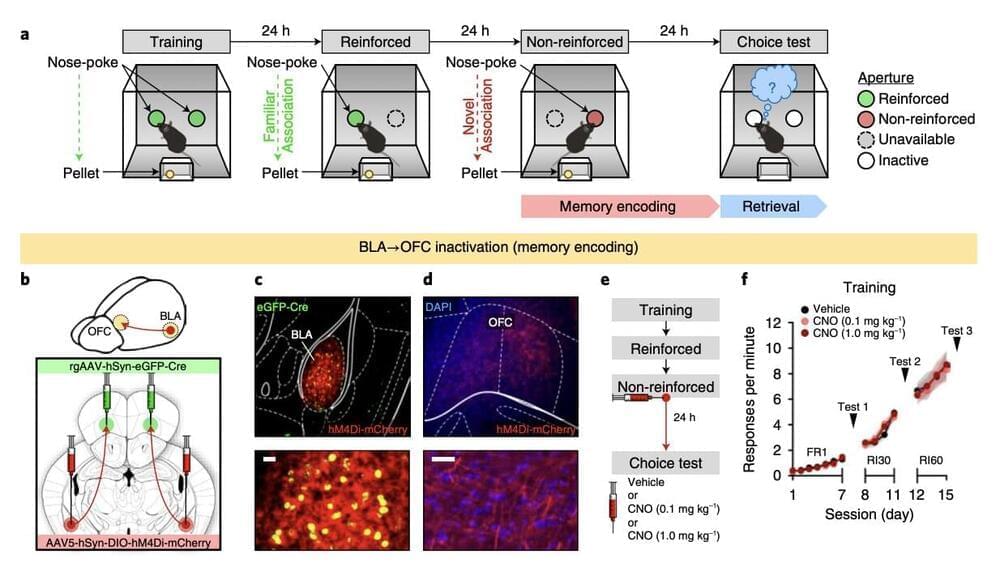People often need to adapt to unexpected and sudden events, such as a road construction or a road accident while driving, a broken automatic payment or ATM machine, and changes in weather. To effectively deal with these events, they must possess what is known as behavioral flexibility, or the ability to deviate from routine and well-establish behavioral patterns.
To adapt their behavior based on unforeseen events, humans need to encode and retrieve reward-related memories and use them to inform their present or future choices. This process entails the integration of different cognitive abilities that are supported by different regions of the brain.
Past studies found that patients with different neuropsychiatric disorders and those suffering from an addiction tend to have a scarce behavioral flexibility. This often adversely affects their quality of living, as it makes dealing with the uncertainty of daily life particularly challenging.
